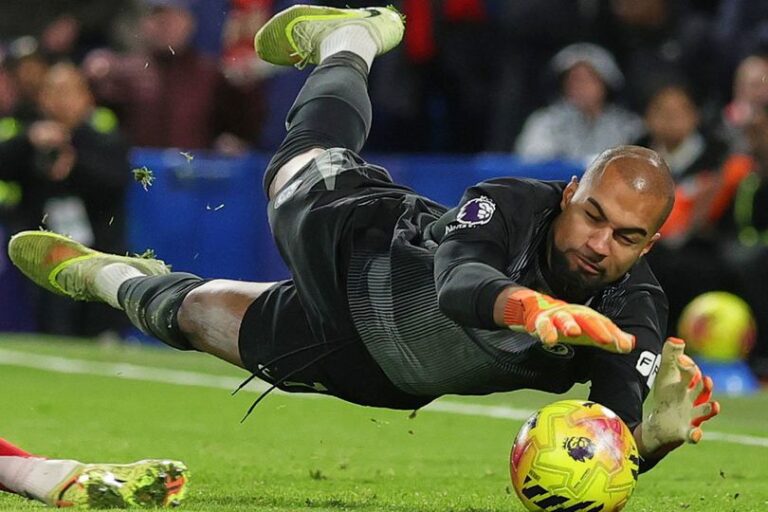Pertandingan Newcastle United vs Manchester City pada leg pertama semifinal Carabao Cup (EFL Cup) 2025-2026 akan menjadi...
Blog
Pertandingan AS Roma vs Torino pada babak 16 besar Coppa Italia 2025-2026 akan digelar di Stadio Olimpico,...
Analisis Wayne Rooney memberikan peringatan serius kepada para pesaing Liverpool di Premier League. Meski sempat terseok-seok di...
Wayne Rooney memberikan pujian tinggi kepada Hugo Ekitike atas performa impresifnya bersama Liverpool sepanjang musim ini. Mantan...
Erling Haaland kembali membuktikan statusnya sebagai salah satu penyerang paling mematikan di dunia sepak bola saat ini....
Pertandingan Barcelona vs Osasuna pada pekan ke-16 La Liga 2025/2026 akan menjadi salah satu laga yang menarik...
Bayern vs Sporting, Liga Champions 2025/2026 akan menyajikan salah satu duel paling menarik pada matchday 6 league...
Pertandingan Bournemouth vs Chelsea pada pekan ke-15 Premier League musim 2025/2026 menjadi salah satu laga yang berjalan...
Rekap Hasil Liga Europa Tadi Malam: Drama dan Hujan Gol di Matchday 5 Matchday 5 Liga Europa...
Arsenal vs Tottenham, Arsenal akan menjamu Tottenham Hotspur di Stadion Emirates pada Minggu (23/11/2025) malam WIB. Laga...
Ruang Ganti Real Madrid Memanas di Bawah Xabi Alonso Situasi internal Real Madrid dikabarkan sedang memanas setelah...
Membedah Peluang Erling Haaland Memecahkan Rekor Gol Lionel Messi: Bisakah Menembus 100 Gol Semusim?


Membedah Peluang Erling Haaland Memecahkan Rekor Gol Lionel Messi: Bisakah Menembus 100 Gol Semusim?
Erling Haaland kembali menjadi headline dunia sepak bola setelah performa luar biasanya bersama Manchester City dan tim...
Man City vs Liverpool, Kemenangan 3-0 Manchester City atas Liverpool bukan sekadar hasil impresif di Etihad Stadium,...











